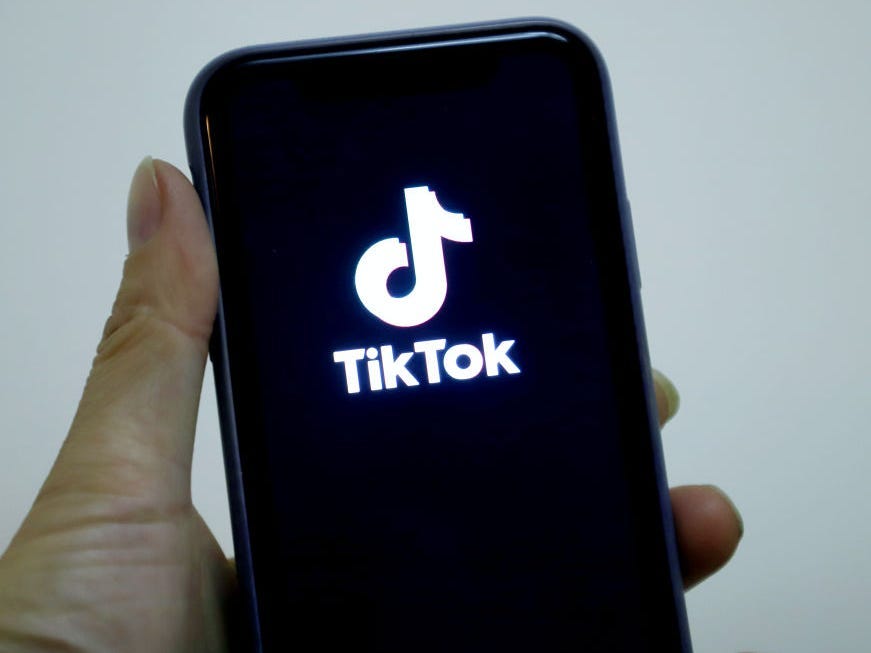
Costfoto/Barcroft Media via Getty Images
- Changes announced on Wednesday mean TikTok users won’t be able to “duet or stitch” with videos posted by children under 16, won’t be able to download them, and won’t be able to follow them.
- The shortform-video app, which is disproportionately popular among teenagers, declined to share the number of users affected, but it could include half its user base.
- The UK children’s charity NSPCC described the changes as “a hugely welcome step.”
- Visit Business Insider’s homepage for more stories.
TikTok has tightened the privacy settings of tens of millions of children’s accounts in a move meant to limit the ways groomers can interact with them on the app.
The shortform-video app announced on Wednesday that the accounts of all users who are under 16 would default to private, meaning they will have to proactively approve any requests from other users to follow them.
The move also stops other users from downloading under-16s’ videos or using them as part of the Duet and Stitch features, a key part of TikTok’s distribution model that allows people to integrate others’ videos into their own.
Another change is that only the friends of users ages 13 to 15 can comment on their videos. Users ages 16 to 18 will also default to only friends being able to use their videos for Duetting and Stitching.
A TikTok representative declined to say how many the change would affect, but TikTok has a huge proportion of younger users compared with other apps.
Though the proportion varies by country, The New York Times revealed in August that the company's internal data suggested more than a third of TikTok's 49 million daily users in the US were 14 or younger.
"The privacy rights and online safety of our community is a top priority for TikTok, and we place a particular emphasis on the privacy and safety of our younger users, which is why we're making these significant changes," Elaine Fox, the head of privacy at TikTok in Europe, the Middle East, and Africa, said in a statement.
The changes are the latest in a series by TikTok intended to boost minors' security on the app.
"This is a bold package of measures by TikTok and a hugely welcome step that will reduce opportunities for groomers to contact children," Andy Burrows, the head of child-safety online policy at the NSPCC, a UK children's charity, told Business Insider.
"It comes as abusers are taking advantage of the pandemic to target children spending more time online and we urge other platforms to be similarly proactive rather than wait for regulation to come into effect."
But Eva Fog Noer, a Danish child-safety expert who has previously met with TikTok to discuss child safety, questioned whether the changes would be effective.
"Hindering the core functionalities, and prohibiting them and their parents the choice of being open or private, is not the way to go," she said.
"I fear how this change can affect the creative flow of the users, young and old. It will also end with many users creating new accounts with a fake birthday, making it even more unsafe.
"Prohibition is never a solution. The children and youth always find a way around it."
